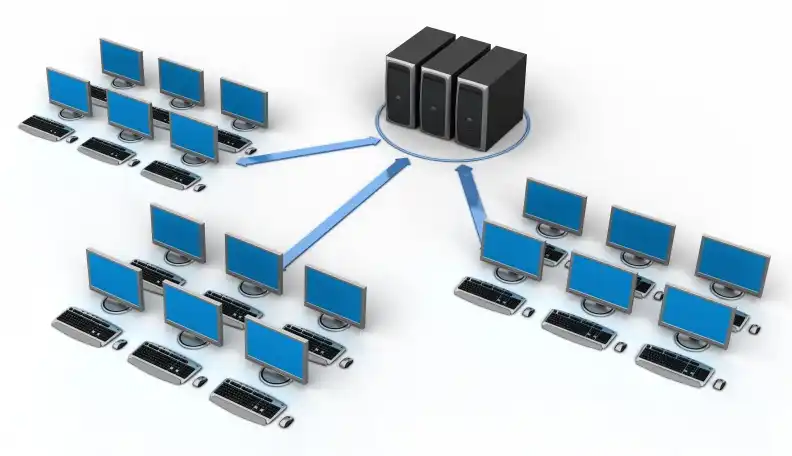
Organizations need strong ways to keep their networks and data safe. One important tool they use is IP Address Management (IPAM). It’s a basic part of network management and crucial in preventing cyber threats. Let’s discuss IPAM and its role in cybersecurity in more detail!
What is IPAM?
IPAM, short for Internet Protocol Address Management, is a system that businesses use to handle their IP addresses, both IPv4 and IPv6. It organizes, tracks, and updates all details related to the network’s IP space. Network administrators rely on IPAM tools to avoid duplicate IP addresses and keep track of which address is allocated to which device.
How does IPAM Work?
IPAM has three main components:
- IP Address Inventory Management: This component involves planning, collecting, allocating, and managing an organization’s IP addresses. It maintains real-time updates and the status of IPs within a network, ensuring effective utilization of the organization’s fixed IP space.
- Domain Name Service (DNS) Management: DNS provides users with quick access to internet content. Moreover, It is a centralized network run by many organizations worldwide.
- Dynamic Host Configuration Protocol (DHCP) Management: DHCP usually assigns IP addresses to devices on a network. IPAM helps manage DHCP configurations and ensures efficient IP allocation.
Role of IPAM in Cybersecurity
Improved Visibility and Control:
IPAM keeps all IP address details in one place, giving administrators a clear view of their network. This helps them spot unauthorized devices, detect unusual activity, and better enforce access rules.
Accurate Inventory and Documentation:
Effective IPAM ensures that IP addresses are allocated, tracked, and utilized efficiently. This reduces the risk of IP address conflicts and unauthorized access to network resources. Maintaining precise inventory and documentation of IP addresses is important for security.
Reducing IP Threats:
Hackers can use weaknesses in managing IP addresses to carry out different attacks like IP spoofing or ARP poisoning. IPAM tackles these threats by adding security measures such as IP address authentication and MAC address binding, making the network stronger against attacks.
Avoiding IP Address Shortages:
When IP addresses run out due to bad allocation or too many devices, it can affect the network’s ability to grow and handle problems. IPAM helps by keeping track of all IP addresses, finding ones that aren’t being used, and making sure they’re used wisely to avoid running out of addresses.
Following Rules and Checking:
In industries like healthcare or finance, meeting strict security rules is super important. IPAM tools help by keeping records of IP address activities, making it easier to follow rules about how networks are set up, who can access them, and how data is protected.
Helping with Problems:
If there’s a security issue or breach, IPAM is really important. It keeps good records of IP addresses and how the network is set up. This makes it faster to figure out which devices are affected, stop the problem from spreading, and get things back to normal.

